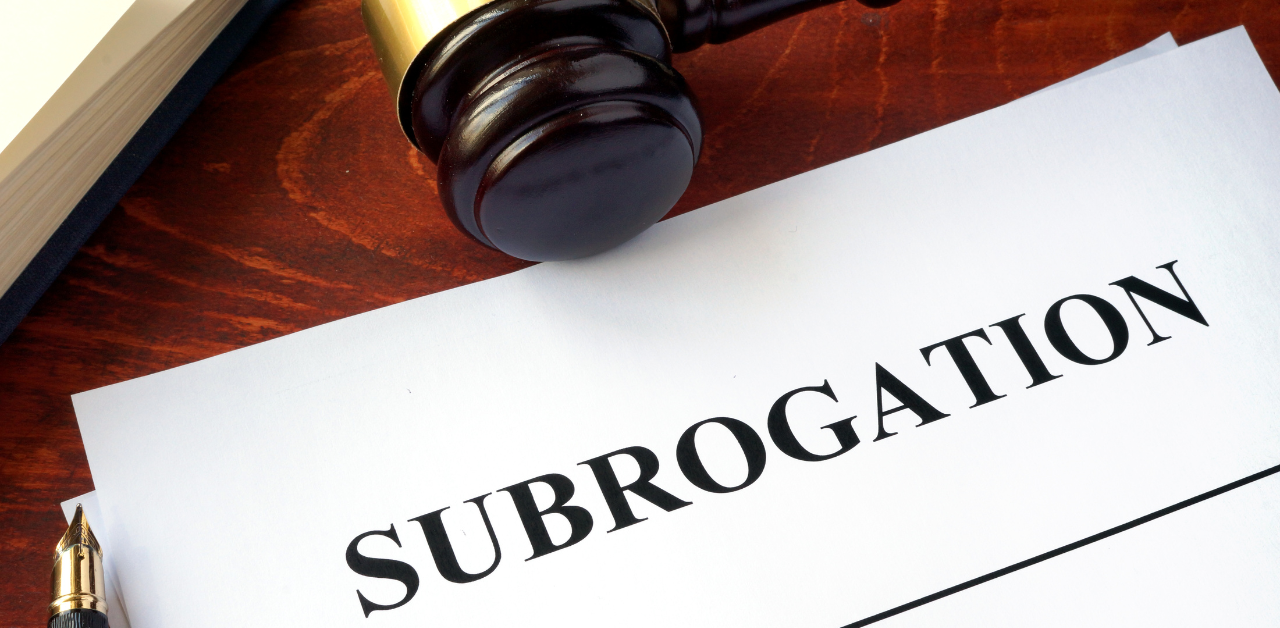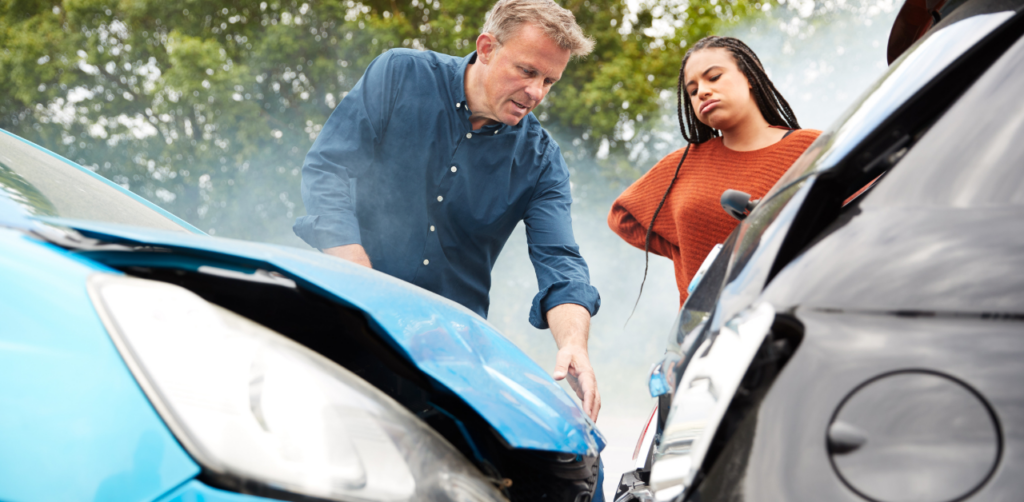Car Accident Subrogation in Las Vegas, NV

Free Confidential Consultation for Human Trafficking Victims
Free Confidential Consultation for Human Trafficking Victims


If you’ve been injured in an accident caused by another party’s negligence, it can take some time to get compensation for your injuries and other losses. Whether you go through an insurance claim or a personal injury lawsuit, it can take months or sometimes even years before you recover any money. So, how do you cover expenses in the meantime?
Your own insurance may cover some or all of your immediate costs, but what happens if they want that money back after you’ve finished your insurance claim or lawsuit? That’s where the subrogation process comes into play, and it can make a big difference in terms of how much you eventually receive in compensation after an accident.
The Las Vegas personal injury lawyers at THE702FIRM Injury Attorneys can answer any questions or concerns you have about subrogation after an accident.
Get a free initial consultation today by calling our office or visiting our contact page.
Subrogation is a legal process that allows an insurance company to step into the shoes of an insured person and recover money paid out on a claim from the party responsible for the damage or injury. It typically arises after a car accident or other incident where the insurance company pays for medical bills, vehicle repairs, or other expenses on behalf of its policyholder.
For example, if you are in a car accident in Las Vegas, NV, and your health insurance covers your medical bills, the health insurance company may seek reimbursement from the at-fault party’s insurance company. This way, the at-fault party, or their insurer, ultimately bears the financial responsibility, not your own insurance carrier.
Subrogation claims can apply to various types of insurance policies, including:
After a personal injury, whether it involves a car accident or an injured worker, subrogation ensures that the insurance company is compensated for what it has paid on your behalf. This process helps reduce overall insurance premiums by ensuring that the right party bears the costs.
The subrogation process involves sending a claim, called a subrogation lien, to the at-fault party’s insurance carrier. If the injured party files a personal injury lawsuit, the insurance company’s subrogation interest must be addressed during settlement negotiations. Nevada subrogation laws are complicated, so it’s common for injury victims to work with a personal injury attorney to protect their rights and ensure they receive full compensation.
Sometimes, subrogation can affect how much money an accident victim receives. If the insurance company successfully recovers its money, it prevents what’s known as “double recovery,” where the injured party would be paid twice for the same expenses. However, the laws around this vary, so understanding Nevada’s subrogation law is key in handling these situations.

Identifying who is responsible for the accident can be challenging in cases where the fault is unclear. However, this step is essential for establishing liability and calculating any potential recovery. Nevada follows a comparative negligence model for personal injury claims.
Under Nevada law, an injured party can still recover compensation if they are 50 percent or less at fault for the accident. This rule applies to:
But there’s a catch: If an injured party is partially to blame for their own injuries, their compensation is reduced according to their share of fault. For instance, if an injured worker is found to be 10 percent responsible for their injuries, their compensation will be reduced by 10 percent. This reduction also affects any subrogation interest the insurance company has in seeking reimbursement. For insurers carrying collision coverage or medical payments under an auto insurance policy, this could mean a lower recovery amount.
The injured party’s degree of fault impacts both their potential compensation and any subrogation rights the insurer holds. The higher the injured party’s share of fault, the lower their settlement negotiations or recovery from the at-fault party. This directly affects the amount the insurance company’s legal team can recover through subrogation.
For example, an auto insurance company covering medical expenses or a health insurance company paying medical bills might end up with less money recovered if the injured party is largely at fault. This can lead to higher insurance premiums for everyone involved.
In cases like these, a personal injury attorney experienced in Nevada subrogation law can help clarify who the at-fault driver or negligent party is. They can assist in the legal action needed to recover money paid for out-of-pocket expenses, medical treatment, and other losses. A skilled attorney can also help accident victims avoid double recovery issues, where an injured worker might inadvertently seek reimbursement for the same injury or same expenses from multiple insurance companies or government programs.
It’s hard to say how long the subrogation process may take because it depends on specific factors that are often unique to every accident case. The process can be pretty quick if there’s clear evidence of fault, the responsible party has insurance, and they don’t contest the claim. But this isn’t always the case.
Some of the factors that can affect the timeline of the subrogation process are:
A waiver of subrogation is a document that the injured party might sign to prevent their insurance company from pursuing a subrogation claim against the at-fault party in an accident. Generally speaking, this isn’t something you want to do, as the subrogation process can benefit you in some ways, such as helping to keep your premiums low.
You should be very careful before signing a waiver of subrogation. It could impact your ability to recover full compensation for your losses after an accident. Be sure to look over your insurance policy and consult with a personal injury lawyer before making any decisions.

To ensure you get the maximum amount of compensation for your injuries, you need solid legal representation you can count on from the start.
At THE702FIRM Injury Attorneys, our Las Vegas car accident attorneys will:
Ready to talk to an experienced Las Vegas personal injury attorney? Call THE702FIRM Injury Attorneys today.
| Monday | 8:00 AM - 5:00 PM |
| Tuesday | 8:00 AM - 5:00 PM |
| Wednesday | 8:00 AM - 5:00 PM |
| Thursday | 8:00 AM - 5:00 PM |
| Friday | 8:00 AM - 5:00 PM |
